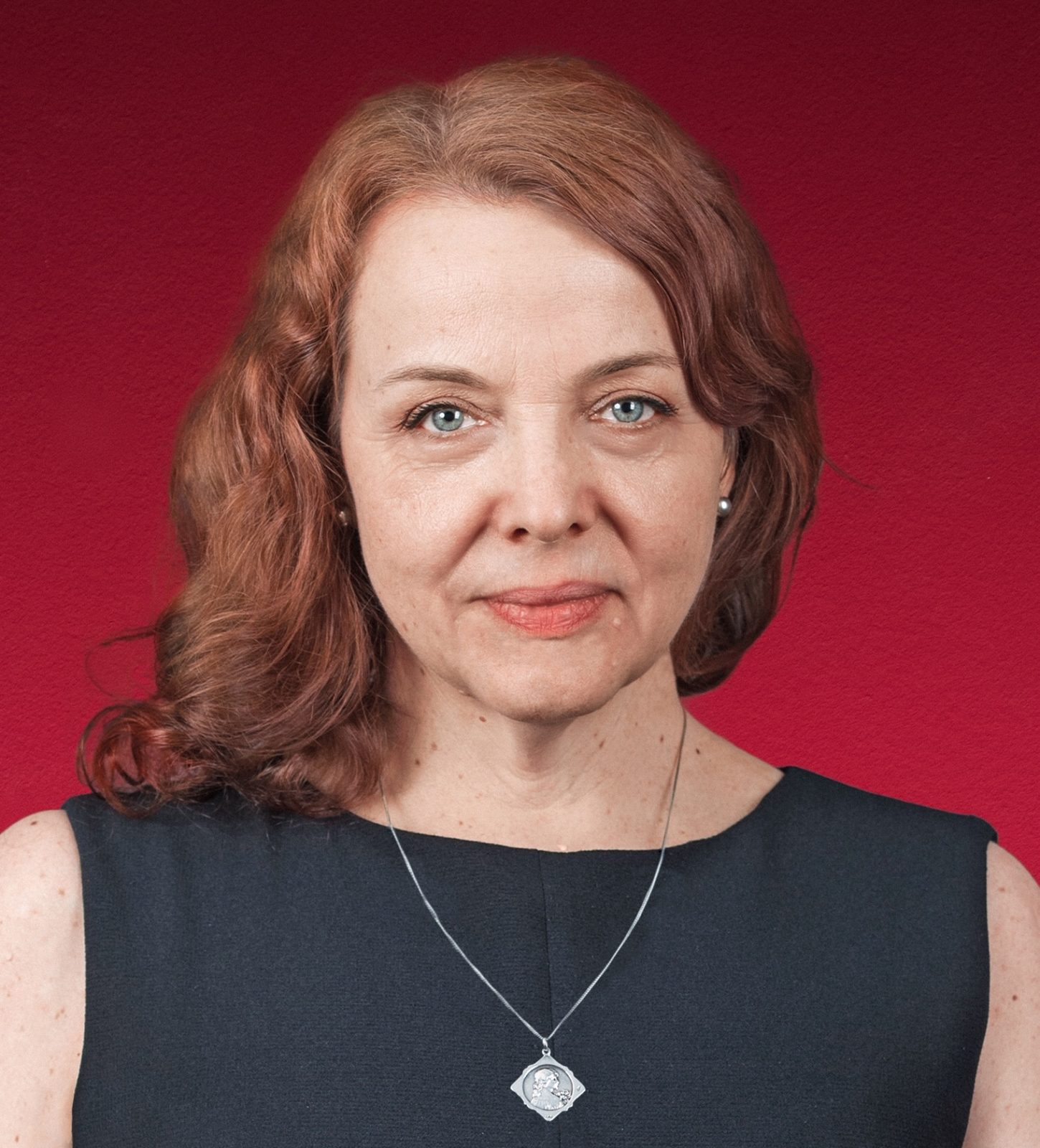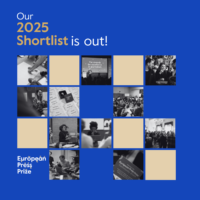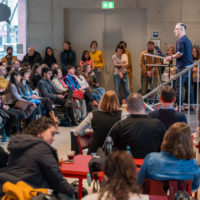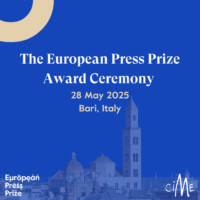Meet our new Board member: Beata Balogová
We are delighted to announce two new entries in the Board of Stichting European Press Prize: Beata Balogová and Maike Olij. Beata was a member of our Preparatory committee, and is a widely known journalist and editor-in-chief of SME, a major daily and news site in Slovakia. Maike is a creative research expert, and explores the relevance of news and information from the end user’s perspective.
To introduce them to our audience, we asked them a few questions about themselves, their role and their goals.
In this blog, our interview with Beata. Click here to read the interview with Maike.
Beata Balogová
BIO: Beata Balogová is the editor-in-chief of SME, a major daily and news site in Slovakia. Prior to joining SME, between 2003 and 2014, Beata served as editor-in-chief of Slovakia’s English-language weekly The Slovak Spectator. She is the author of Cornelias (Kornélie) an autobiographic novel released in 2022, (translated into Polish, Serbian and Hungarian) and The Book Full of People (Kniha plná ľudí), a non-fiction book. Beata was awarded the European Press Prize 2020 Opinion Award. She also received three national journalism awards in Slovakia.
You have been a member of the European Press Prize’s Preparatory committee for the past four years. What key insight(s) from that experience will you bring to your role on the Board of the European Press Prize?
Through my role on the Preparatory committee as a journalist, I’ve come to appreciate how much effort and dedication goes into the works submitted for the European Press Prize, and just how vital the integrity of the process is. Each piece must be given the attention and care it deserves. Thorough reviews, equal opportunities, and a firm understanding of the timeless principles of journalism—unchanged despite the variety of genres and forms—are all essential.
Every year, our credibility and ability to select the best journalistic works are tested. We aim to choose works whose value lasts well beyond the day of publication. How do we ensure that we don’t select a piece that, despite its stylistic brilliance and inventiveness, fails to honour facts, misuses sources, or disrespects the rights of vulnerable groups? My work on the committee has made me realize that the Press Prize’s reputation depends on the quality and values of the people it collaborates with, and that each decision shapes what will be seen as a standard of journalistic excellence.
How do you think the European Press Prize can best continue to serve as a guardian of journalistic standards in the face of growing political efforts to redefine and weaken the essence of journalism?
I come from a region where politicians try to redefine journalism. In their view, journalists shouldn’t hold the powerful accountable but simply relay their messages—after all, no one elected them. Journalists, they say, should inform and ideally entertain. Institutions like the Press Prize are crucial for spotlighting investigative work that empowers the public to hold power to account and recognize this as their right.
By highlighting the best in opinion writing, the European Press Prize demonstrates that journalism goes beyond informing—it’s also about analysing, evaluating, reflecting, raising questions, and offering answers.
In several categories, we select work that reflects our deepest humanity and amplifies marginalized voices. We show that sensitivity, depth, and understanding aren’t contrary to journalism—they are its essence.
Today, many factors shape journalism’s quality: press freedom, access to information, online attacks on journalists, reader habits, and new digital formats. Now more than ever, we have a vital role in defining what still qualifies as journalistic excellence—and what no longer does. We must explain, defend, and champion the best work from Europe’s newsrooms that reaches us.






